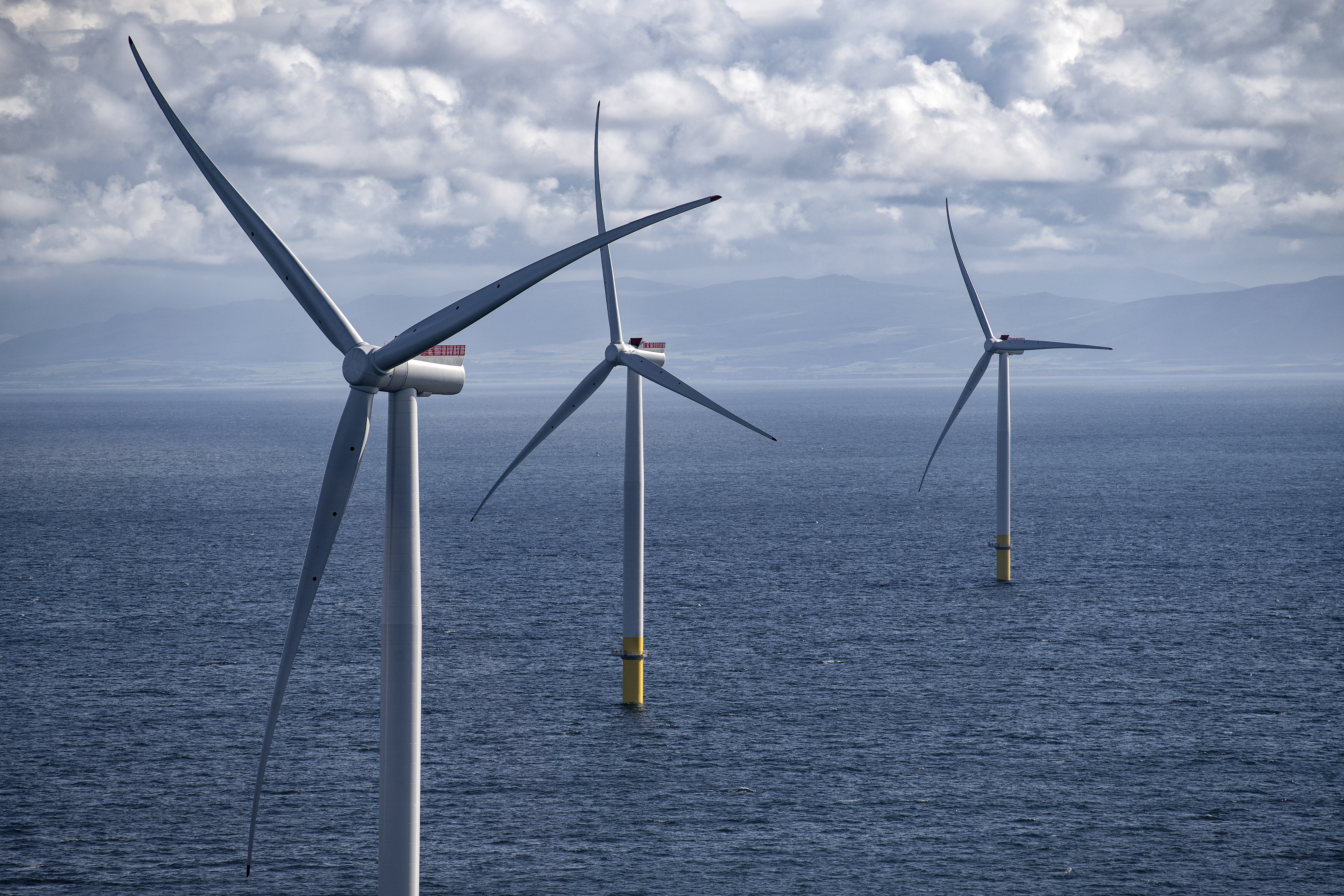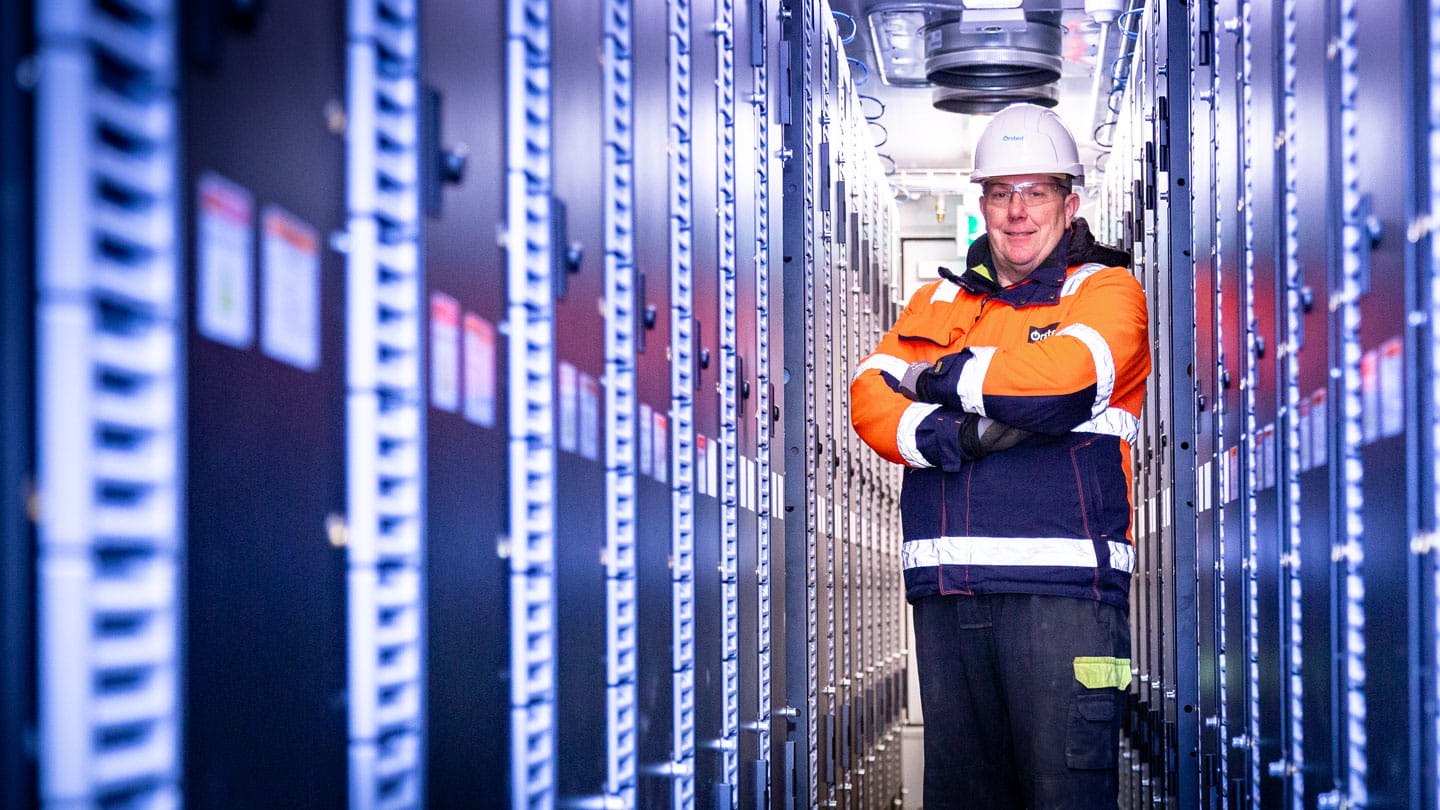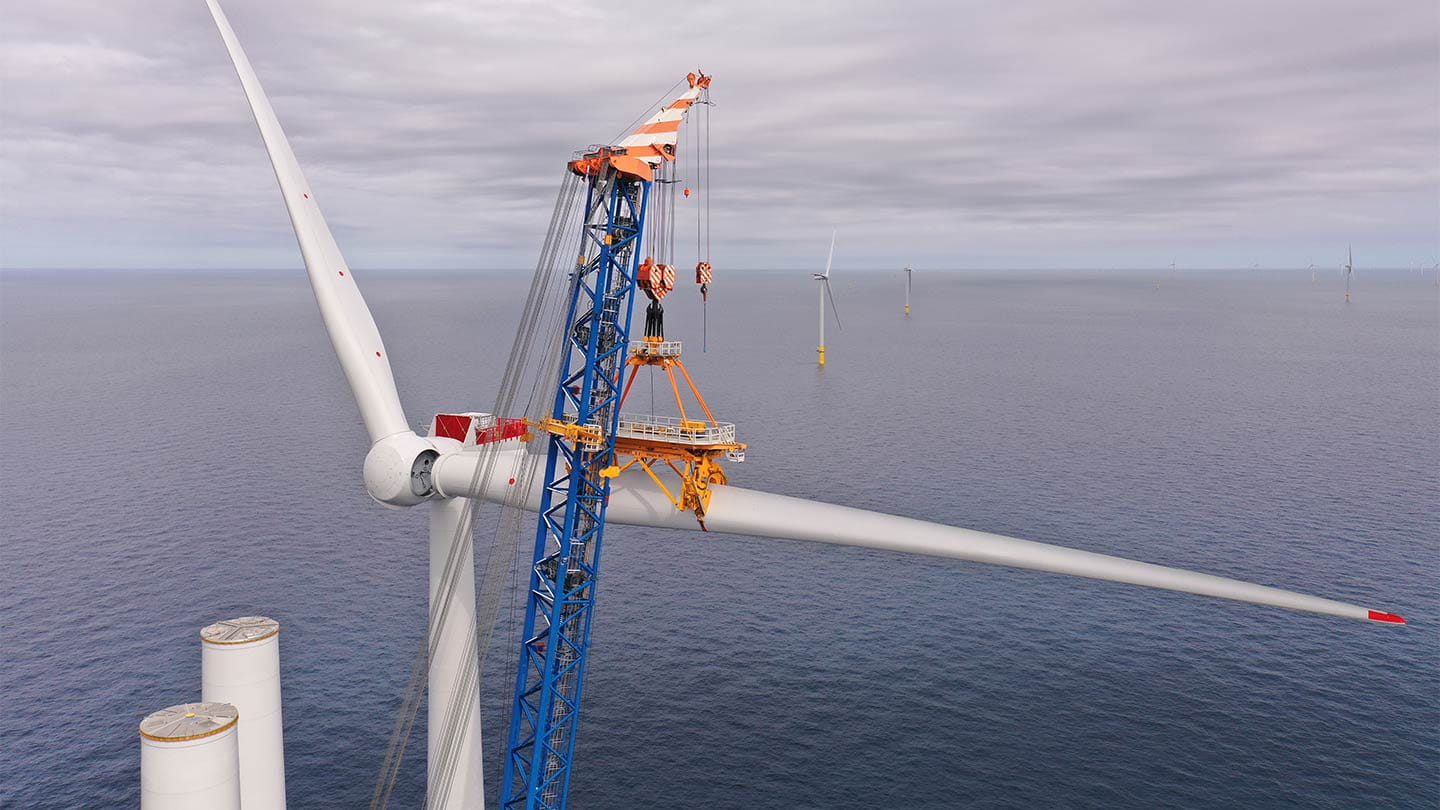Our UK offshore wind farms produce enough electricity to power almost 6 million homes.
Green energy solutions
From offshore and onshore wind farms to solar farms and energy storage and bioenergy, we’re taking real action to create a world that runs entirely on green energy
Where do we generate energy in the UK?
See the map below of where our offshore wind farm, offices, and power stations are



